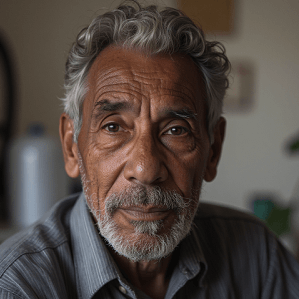The American Stroke Association (ASA) has launched a new Spanish language website, DerrameCerebral.org, to address the high rates of cardiovascular disease and stroke among Latino communities in the United States. This initiative aims to decrease stroke rates, improve outcomes, highlight barriers to care, and provide culturally relevant education.
Stroke is a significant health concern for Latinos, ranking as the third leading cause of death for Latinas and the fourth for Latino men. The ASA, a division of the American Heart Association, recognizes that factors such as limited healthcare access, cultural barriers, unmanaged health risks, and socioeconomic determinants contribute to increased stroke risk in this population.
A key feature of the website is the introduction of R.Á.P.I.D.O., a Spanish acronym developed to raise awareness of stroke signs. This acronym, which means “fast” in Spanish, is a play on the English FAST acronym used for stroke recognition. R.Á.P.I.D.O. stands for rostro caído (face drooping), álteración del equilibrio (loss of balance), pérdida de fuerza en el brazo (arm weakness), impedimento visual repentino (sudden vision impairment), dificultad para hablar (speech difficulty), and obtén ayuda, llama al 911 (get help, call 911).
The website also includes interactive digital games and activities to educate users about stroke warning signs, as well as resources on prevention, risk factors, treatment, and recovery. Dr. Eduardo Sanchez, the AHA’s chief medical officer for prevention, emphasized the importance of addressing language barriers to ensure prompt medical attention in stroke cases.
With the Latino population projected to reach 111 million by 2060, according to the U.S. Census Bureau, this initiative represents a significant step in the AHA’s commitment to expanding its reach to communities at high risk for stroke and other cardiovascular conditions.
See: “Spanish Language Website to Boost Stroke Awareness in Latinos” (September 13, 2024)



